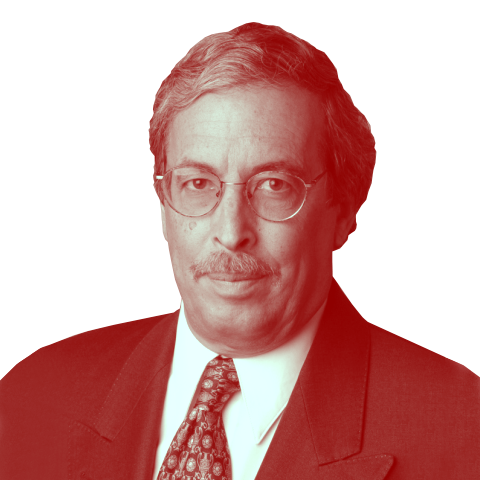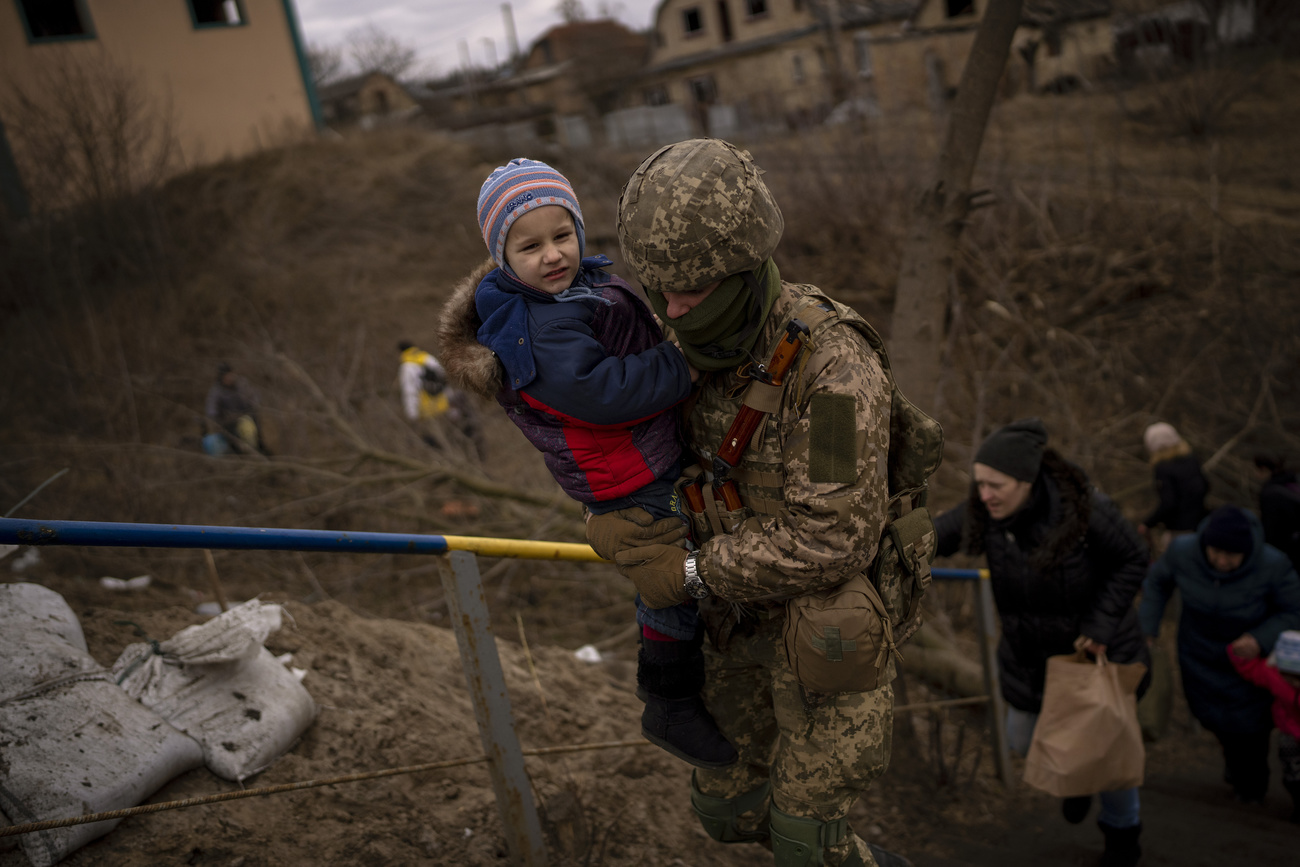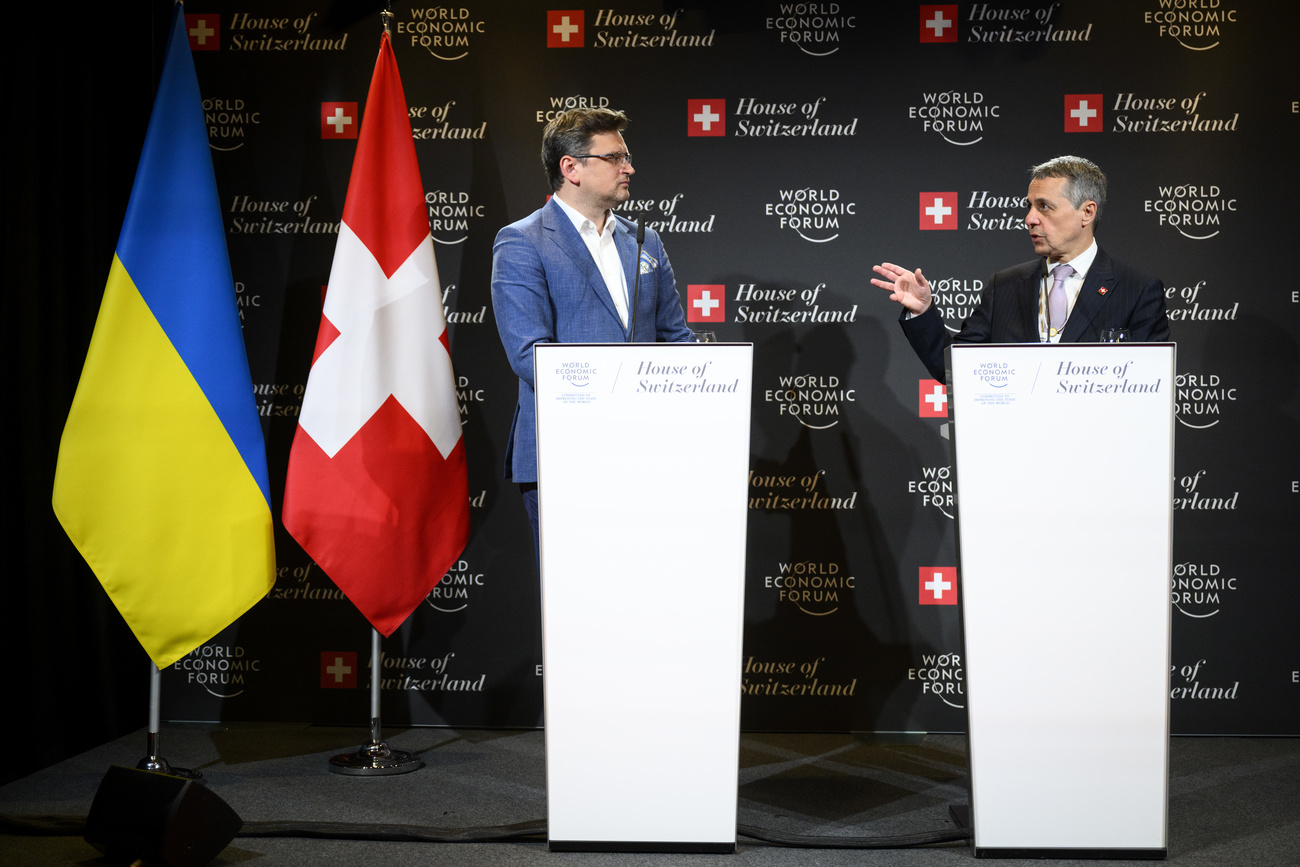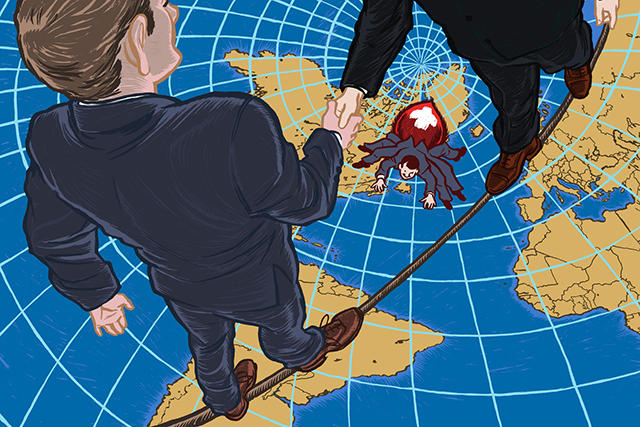Goodbye (Swiss) neutrality?
Analyst Daniel Warner looks at whether Russia’s refusal to have Switzerland act as go-between with Ukraine marks the end of an era for the Alpine country.
If you are as others see you, then the recent statement by a Russian foreign ministry spokesperson that “Switzerland had unfortunately lost its status of a neutral state” could be a tipping point in any understanding of what neutrality and Swiss neutrality mean. It is one thing for the 200-year-old Swiss “perpetual neutrality” recognised at the Congress of Vienna in 1815 to be questioned internally, but for a major power, a member of the United Nations Security Council, to make such a declaration adds a new dimension to the ongoing domestic and global discussions of what neutrality means.
With traditional neutral countries Sweden and Finland set to join NATO, is there space for a country like Switzerland to maintain a neutral position?
The statement by Ivan Nechayev of Russia’s foreign ministry indicates that this space is closing despite the role Switzerland has traditionally played with its neutrality and good offices, including representing Georgia in Moscow and Russia in Tbilisi. Switzerland also played a decisive role in helping Russia join the World Trade Organization.
But on Thursday, Russia refused Switzerland’s proposal for representing Ukraine’s interests in Russia because “Bern has joined illegal Western sanctions against Russia.”
International law trumps neutrality
When it joined the European sanctions in March, the Swiss Federal Council [government] explained that it “took Switzerland’s neutrality and peace policy considerations into account… Russia’s unprecedented military attack on a sovereign European country was the deciding factor in the Federal Council’s decision to change its previous stance on sanctions. The defence of peace and security and respect for international law are values that Switzerland, as a democratic country, shares with its European neighbours and supports.”
Is respect for the international law a value that trumps neutrality? It is for the Federal Council. Respect for international law takes precedent for Switzerland and its role in multilateralism.
Geneva is home to many intergovernmental institutions and hundreds of non-governmental organisations. The Swiss decision to join European sanctions against Russia shows that the country puts certain values higher than political neutrality. (Legal neutrality, on the other hand, would forbid Switzerland from joining a defence alliance or participating in an armed conflict.)
End of an era?
The Russian refusal to allow Switzerland to use its good offices to “act either as an intermediary or a representative” with Ukraine flies in the face of a great tradition. Switzerland currently carries out several such mandates, the most well-known being representing United States interests in Iran.
And while the Russian Foreign Ministry’s statement certainly adds fire to internal Swiss debates – see the latest government reportExternal link on neutrality – it also raises the larger question of whether neutrality, respect for humanitarian law and multilateralism in general are still possible following the February 24 attack on Ukraine.
The Swiss have tried to walk a very fine line during the conflict as do many of the 35 countries who abstained from the UN General Assembly vote condemning Russia. The latest from the Kremlin indicates that this fine line is getting thinner and thinner.
Edited by Veronica de Vore/ilj

In compliance with the JTI standards
More: SWI swissinfo.ch certified by the Journalism Trust Initiative




You can find an overview of ongoing debates with our journalists here. Please join us!
If you want to start a conversation about a topic raised in this article or want to report factual errors, email us at english@swissinfo.ch.